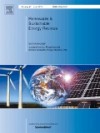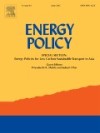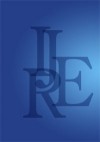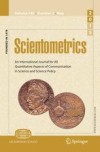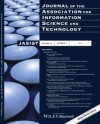Del Rio P., Carrillo-Hermosilla J., Konnola T. & Bleda M. (2016) Resources, capabilities and competences for eco-innovation. Technological and Economic Development of Economy 22(2): 274-292
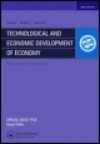
Abstract. The existing literature on the determinants for the development and adoption of ecoinnovations has generally focused on analysing the influence of business strategies and external drivers (public policy and stakeholder impacts) on innovation processes in firms. Internal factors to the firm such as resources, capabilities and competences (RCCs), which are important drivers of business strategies and innovation performance, are seldom considered in the literature.



